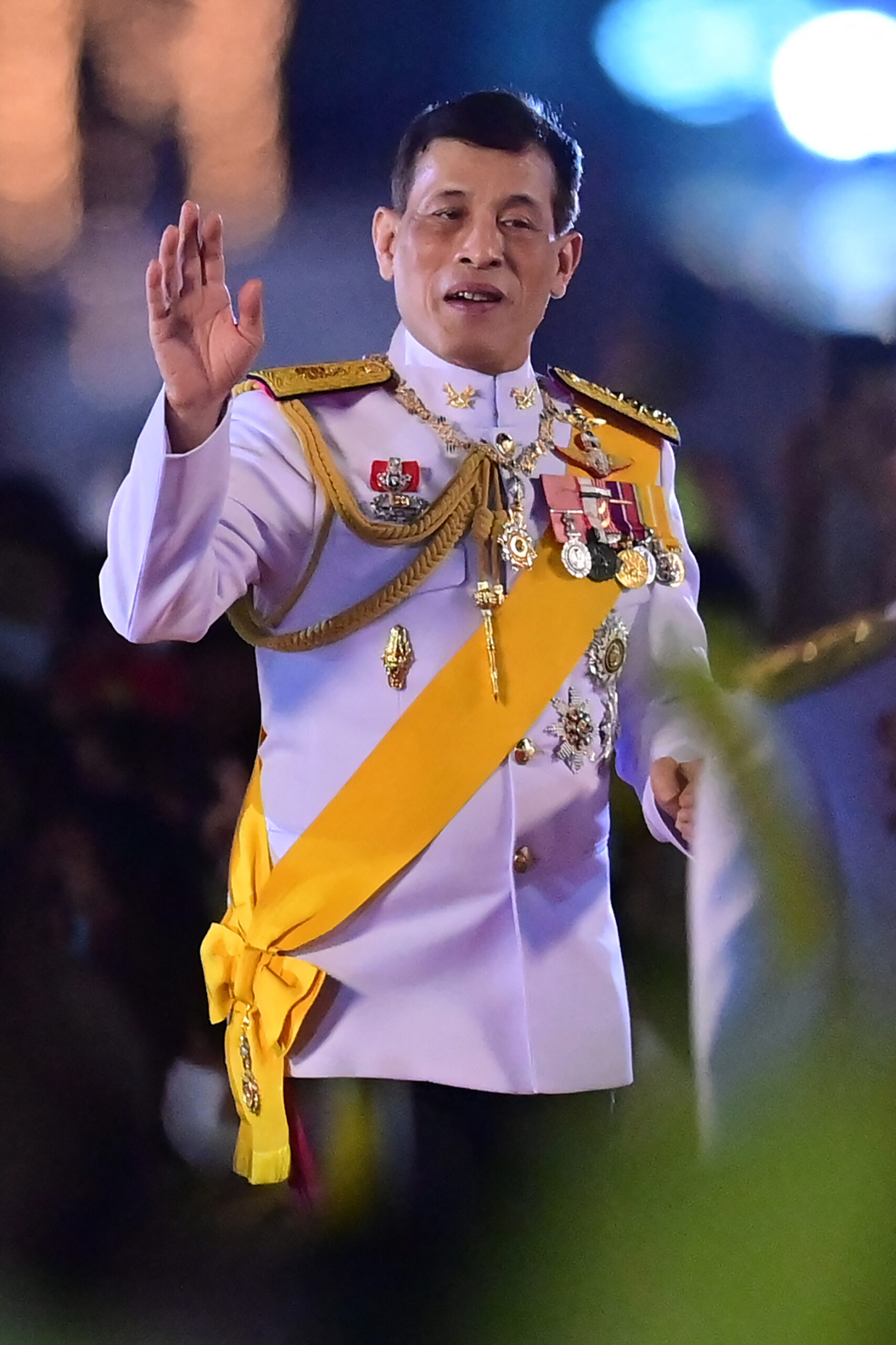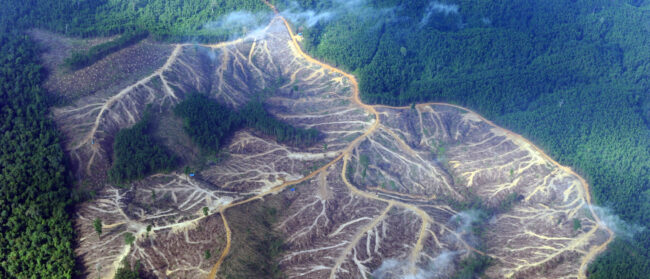National unity, harmony and popular legitimacy are in short supply in Thailand. The illusion of two out of the three — unity and harmony — disappeared the day King Bhumibol Adulyadej passed away five years ago this week.
Popular legitimacy is hard to attain. As the story goes, repeated by numerous scholars, a young Bhumibol received a boost from the regime of field marshal Sarit Thanarat, who in turn gave license to implement anti-communist policies allowing the monarchy to rebuild from the ashes of the 1932 revolution.
With American support, this Second Triumvirate was able to control the outcomes of scores of political events, allowing military coups backed by royalists to dispatch civilian governments with minimal resistance and maintain a status quo that protected the interests of the political and wealthy elite. Thailand’s persistent income and political inequality are considered byproducts of the military-monarchy alliance that has ruled the country since the 1950s.
This assessment not only paints Bhumibol in a negative light, but is merely a half-truth, as the devotion of millions of Thais to a beloved monarch is not merely the result of palace trickery. Thailand may be deeply fractured politically, but there are still a significant number of Thais who not only revere Bhumibol as a monarch, but long for a return to a more genteel era, where the monarchy still represents a bulk of the nation’s moral and ethical compass. King Bhumibol, over the course of seven decades, had ample time to nurture this feeling.
The image of a forward, yet inward-looking monarch was matched by photos of him presiding over an assortment of rural development projects, from irrigation systems and water management to agriculture. Adding legitimacy to image, royal projects often benefitted Thailand’s most marginalised populations.
As a result, the United Nations Development Programme (UNDP) granted him a special Human Development Lifetime Achievement Award in 2006, citing his rural development projects promoting small-scale agriculture and sustainable use of water resources. Bhumibol also received the first Norman Borlaug Medallion in 2007 from the World Food Prize Foundation for his contribution to poverty reduction.
Whereas Bhumibol earned internal and external legitimacy in spades, King Maha Vajiralongkorn has struggled in that pursuit since taking the crown in December 2016. Rama X has yet to learn the valuable lesson that popular legitimacy and the Buddhist virtue of barami cannot be inherited, they must be earned.
While calling for a moment of unity, asking Thais in a five-minute 2017 New Year’s address to “work together” to “overcome” common problems, for many Thais it rang hollow, particularly when compared to diametrically opposing actions aimed at consolidating political power at the expense of his own image.
Weeks after his coronation, Vajiralongkorn requested changes to the 2017 constitution that expanded his power and Thai prime minister and junta leader Prayut Chan-o-cha led the efforts to accommodate him.
The changes allowed Vajiralongkorn to forgo selecting a regent pro tempore when travelling overseas, particularly to Germany where he has spent much of his adult life. Vajiralongkorn took the early step of insisting on the end of countersignatures on all royal acts, which aimed to consolidate power enabling him to sign the equivalent of executive orders or royal decrees.
Other attempts to repair his image, such as a 2015 ‘Bike for Mom’ event or conferring degrees on graduates, had mixed results. Students at Chiang Mai’s Rajabhat University waited for more than four hours for their degrees, a departure from the honoured tradition established by the late Bhumibol.
Efforts to rehabilitate Vajiralongkorn’s image in the current political environment have been nothing short of disastrous. In a bid to show a more friendly and accessible monarchy, Vajiralongkorn presided over a number of graduation ceremonies, including a two-day ceremony at Thammasat University, home to one of the country’s most vociferous pro-democracy movements.
The Thammasat campus is also ground zero for one of the most violent acts in contemporary Thai history, where a 6 October 1976 massacre unfolded partly because an effigy was hung that royalists alleged had resembled the former crown prince himself.
Pro-reform demonstrators were waiting and scores of Thammasat students boycotted the event, which was attended by Vajiralongkorn and Queen Suthida. Many opted instead to take photos with cut-outs of exiled critics of the monarchy, including former historian Somsak Jeamteerasakul and Kyoto University professor Pavin Chachavalpongpun. The Thammasat protest seemed to solidify animosity and anxiety toward the monarchy, which clumsily attempted to reconnect with Thailand’s emerging middle class.
A month later, Vajiralongkorn walked among scores of yellow-clad supporters in November 2020 and was asked by a British Channel 4 journalist Jonathan Miller if there was room for compromise with those calling for monarchical reform. Vajiralongkorn responded, “Thailand is the land of compromise.”
Despite the invitation toward middle ground, the palace has not welcomed or facilitated the dismissal of lèse majesté charges thrown at pro-reform protesters. The law, Article 112 in the Thai criminal code, imposes a sentence of three to 15 years imprisonment on anyone who “defames, insults or threatens the King, the Queen, the Heir-apparent or the Regent.”
In early 2021, a former civil servant was sentenced to 43 years in prison for Article 112 violations. Lèse majesté charges increased to the point that UN human rights experts were alarmed by the rise, noting in a statement that “their increasingly harsh application has had the effect of chilling freedom of expression and further restricting civic space and the enjoyment of fundamental freedoms in Thailand.” By August of this year, more than 100 people have been charged, including now-prominent protest leaders.
Vajiralongkorn’s long absence or distance from national crises deeply contrasts with images of his late father. During political crises, Bhumibol was viewed by many Thais as a steady voice of reason and had become the sole arbiter in determining the outcomes.
In 1973, the image of Bhumibol opening the gates of Chitralada Palace to accommodate students fleeing violence remains in the collective memories of many Thais. After the 1991 coup, a dressing-down by King Bhumibol humiliated power-hungry general Suchinda Kraprayoon into resigning after just 48 hours as prime minister. Whether completely fable or entirely true, it is the reverberating image of a commanding Bhumibol that haunts Vajiralongkorn.

Stories of King Bhumibol the Great provide a constant reminder of what isn’t possible. At age 69, Vajiralongkorn does not have the luxury of time. Seventy years on the throne combined with a keen political eye gave rise to several rousing moments where Bhumibol could impart wisdom or advance national progress.
When severe floods ravaged Bangkok and affected more than 2.6 million people in 1995, Bhumibol famously proposed building “monkey cheeks,” large holding areas for water runoff working in combination with a network of citywide canals. While the idea never caught on with several consecutive prime ministers, it served as a reminder that he was always seen as solution-oriented.
Likewise during nationwide droughts in 2005, Bhumibol intervened with his own personal rainmaker. Bhumibol also made a rare public appearance during the catastrophic floods of 2011, which caused more than $30 billion in damages, encouraging Thais to overcome political differences and provide solutions to sustainable water management.
In stark contrast, the image of Vajiralongkorn during a national crisis is not entirely positive. Thai people know the Thai monarch has sought refuge at a Bavarian hotel during the current COVID-19 crisis. Meanwhile, more than 17,000 Thais have died as a result of the pandemic, a crisis amplified by a weak national vaccine rollout and significant manufacturing delays. Adding insult to injury, SiamBioscience, a bio-pharmaceutical manufacturer owned by the Thai king, had no experience in making vaccines, yet was tasked with domestically producing AstraZeneca’s vaccine.
Vajiralongkorn responded with large donations for mobile lab vehicles and medical equipment worth more than 122 million baht, but the public relations benefit was drowned out by the intensity of public discontent. In particular, Thais have reacted unfavourably to a heavy-handed government attempt to silence legitimate public criticism through various states of emergency. Charismatic opposition leader Thanathorn Juangroongruangkit was charged with lèse majesté for merely suggesting the Thai government might be too reliant on one vaccine supplier.
A final image remains. In 2012, US president Barack Obama and secretary of state Hillary Clinton were granted an audience with Bhumibol. The Washington Post reported a number of gifts were exchanged. The most impactful and resonant was a photo album given to the king by Obama, which contained images of all of the US presidents he had met with in the past, including Dwight Eisenhower, Lyndon Johnson and George W. Bush. The last two pages were blank, an opportunity for the two to have a photograph together and a fitting tribute to a Thai monarch who appreciated the art of photography.
That moment serves as another aide-memoire of what hasn’t transpired for the current monarch. The palace has yet to craft the image of Vajiralongkorn as a statesman. What remains are uninspiring incidents with the Japanese while he was crown prince, including a 1987 state visit Vajiralongkorn cut short over a perceived insult, and an October 2020 diplomatic dispute with Germany about the Thai monarch conducting state business on German soil.
The past five years have revealed much about shifting Thai attitudes toward the monarchy. Social taboos have been shattered, reminding us that the long shadow of Bhumibol has not faded. Not in the least.
To many of his critics, the public image might be a mirage: a public fiction engineered by the palace to pacify the Thai body politic. What is undisputed is that the many images of Bhumibol, truth or fiction, are inconvenient reminders of what has not been accomplished by Vajiralongkorn.
Perhaps more importantly, the past five years have revealed something more ominous about the present. If Vajiralongkorn has determined the historical images do not fit with his vision for the future, we are observing the emergence of a new monarchy that has abandoned the pursuit of unity for absolute power, quashed the notion of national harmony through divisive means and come to terms with the loss of the bulk of the legitimacy gained over the past seven decades.
Vajiralongkorn’s efforts to consolidate political power, take control of billions of dollars in royal assets and sway military control away from rivals not only demonstrate a considerable departure from the past, but a degree of irreverence for it.
Mark S. Cogan is an Associate Professor of Peace and Conflict Studies at Kansai Gaidai University in Osaka, Japan. He is a former communications specialist with the United Nations in Southeast Asia, Sub-Saharan Africa and the Middle East.


